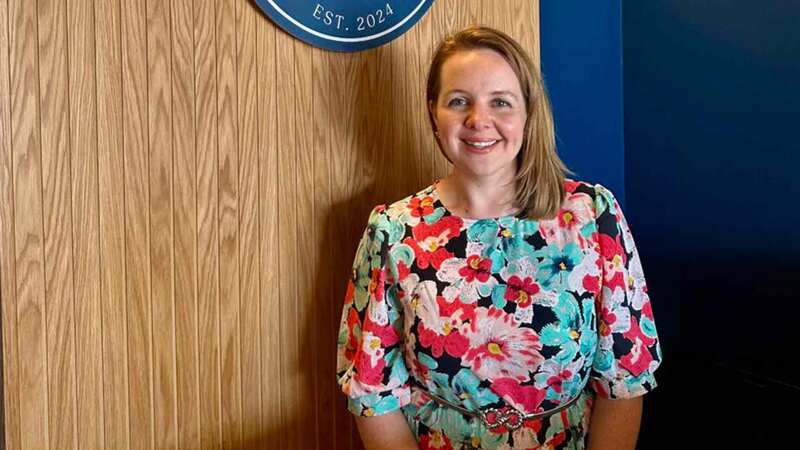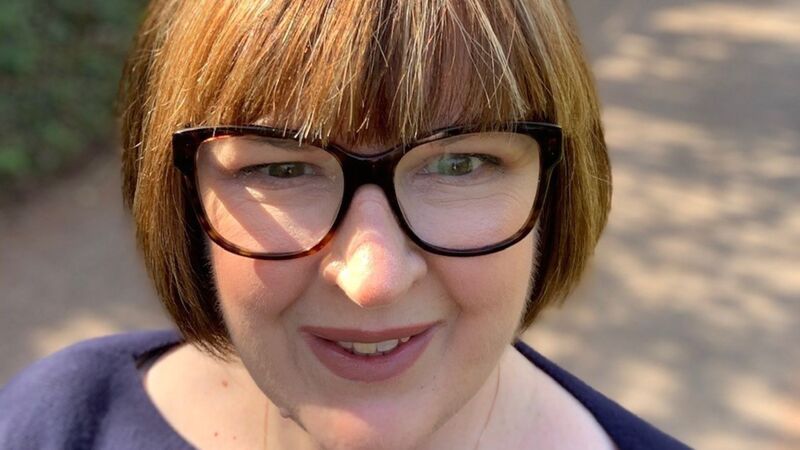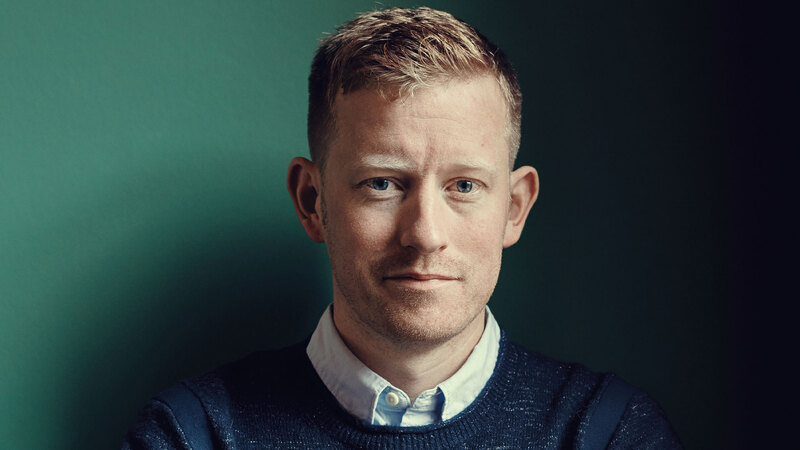You are viewing your 1 free article this month. Login to read more articles.
Murray: surprising success for subscription services
HarperCollins has been surprised by the success of its venture into subscription services, c.e.o. Brian Murray told the FBF yesterday (Wednesday 8th November).Murray said HC was keen to try new business models and initiatives, while admitting that less successful initiatives, such as bundling and the Espresso Book Machine may do better in future.
He said: “We move forward and we want try new things. Whether something succeeds or fails, we learn in the process. We want to be the first to learn. When something works, we double down and we do more of it.”
Among the successes have been HarperCollins’ deals with subscription services Scribd and Oyster. The Scribd partnership began in the US but was expanded to the UK this summer. Murray said: “We have been very happy with the results of the subscription services, so we’ve expanded the number of titles and we’ve expanded geographically.”
“The subscription programmes have been surprising to us. We’ve seen that it is serving the long tail extremely well. As business has shifted from a print to an increasingly digital world, one of the challenges for publishers is discovery and we’ve been talking about that for a long time,” he added.
“We’ve seen that every time you add a new digital partner and a new digital offer, you’re creating new merchandising opportunities. So, while there are fewer tables at the front of bookstore chains for marketing and promotion, when you introduce a brand new e-tailer, a different digital model or a distribution partner, you are picking up new ways to market your books, and subscription has turned out to be a model that is very successful in really merchandising and mining the backlist and the catalogue.”
Other initiatives have not worked so well, but Murray said it might be because HarperCollins was “too early”. He said the Espresso Book Machine, which customers can use in shops to print copies of books, “hasn’t taken off yet but we believe that it’s an important capability”.
“Bundling is another innovation that hasn’t quite happened yet,” he said. “We have heard from consumers that there is demand, but we haven’t from our partners found the optimum packages. I think some day that will happen.”
Murray said the “first priority” for HarperCollins is still its trusted bookseller partners, which is its “bread and butter”, but that initiatives such as its e-commerce site could help those authors who wanted to sell direct.
In what some in the audience saw as a reference to the recently launched Kindle Unlimited subscription service from Amazon, Murray added: “Generally, we represent all of our authors and their business interests and we tend not to do business deals that would devalue the royalty and the value of their work.”


















